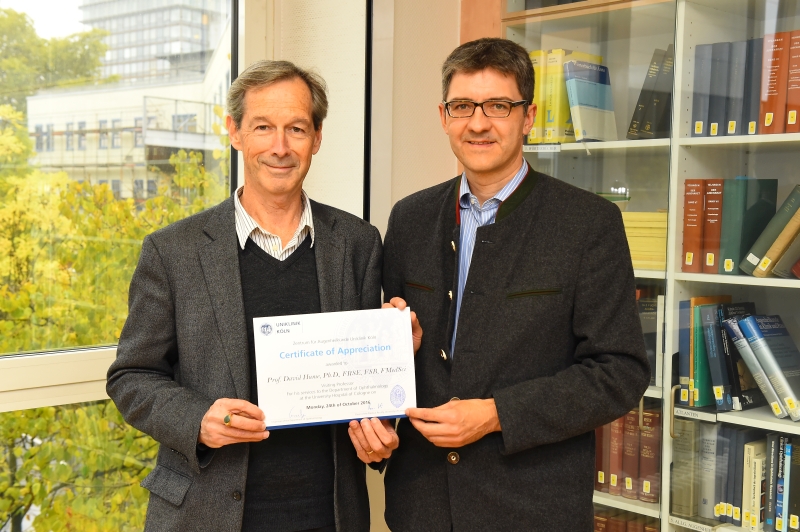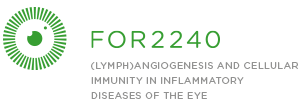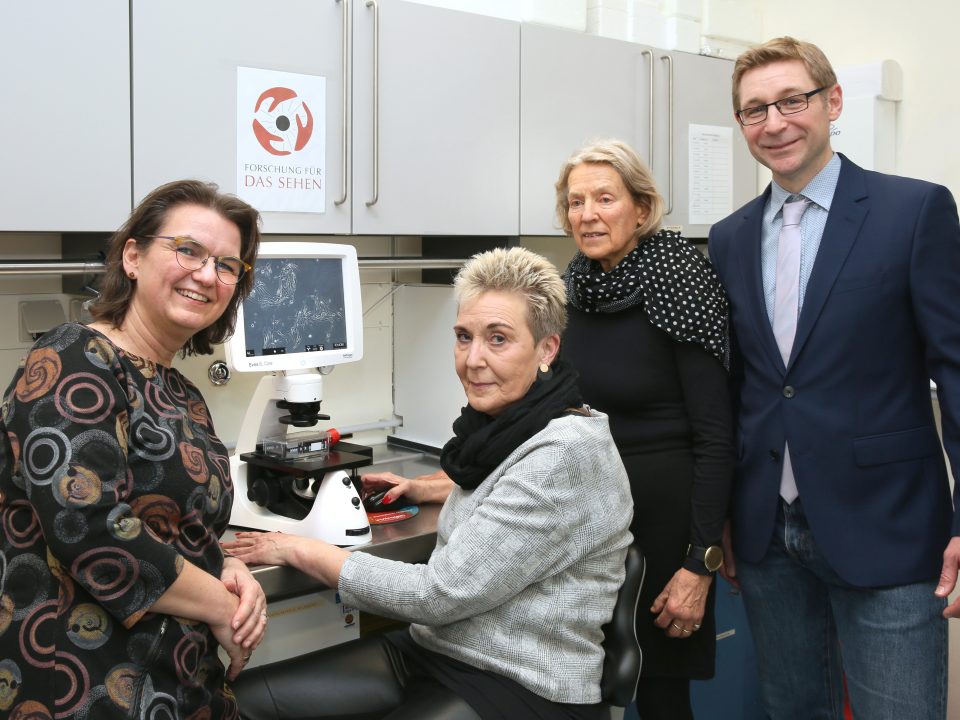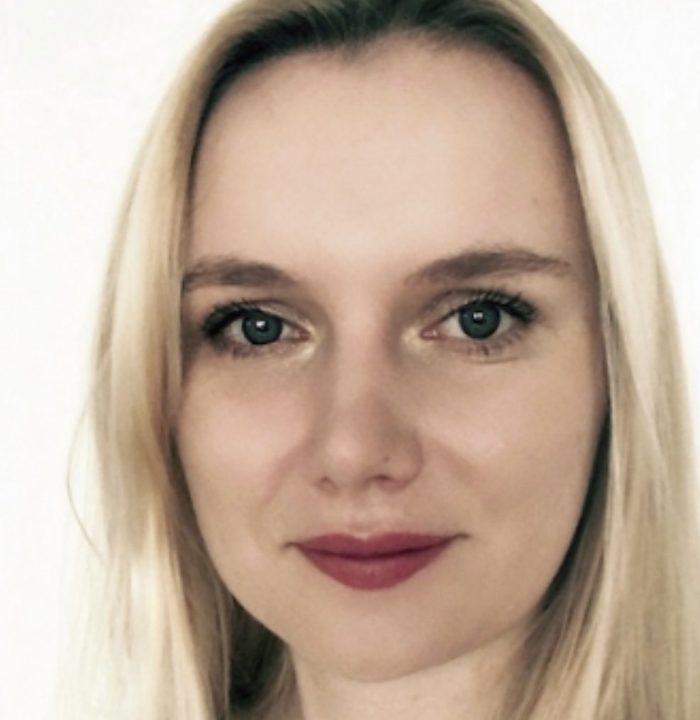New research inspirations from Scotland

Professor David Hume came to Cologne to visit the research unit FOR 2240 “Angiogenesis, Lymphangiogenesis and Cellular Immunity in Inflammatory Diseases of the Eye” on October 24th, 2016. Professor Hume is the director of the Roslin Institute at the University of Edinburgh and Professor of Mammalian Functional Genomics there as well.
As an international authority in genome sciences with a particular focus on the macrophage, Professor Hume was able to guide and inspire several research teams of the FOR 2240 that have an interest in exploring the effects of macrophage-colony stimulating factor 1 (CSF1) and its receptor (CSF1R). The role of CSF1 and CSF1R in the eye, and particularly the retina, has not yet been explored in any detail before. Macrophages are specialized cells of the immune system, and their behavior is very specific with respect to such factors as species, gene, organ, and sex. The researchers of the FOR 2240 are especially interested in the role of macrophages in inflammatory diseases of the eye, cancer, and tissue repair.
Professor Hume came to the research unit FOR 2240 at the invitation of Prof. Dr. rer. nat. Thomas Langmann, who is the Vice-Speaker of FOR 2240 and holds the Chair of Experimental Immunology of the Eye in the Department of Ophthalmology at the Medical Faculty of the University of Cologne.
In his clear, understandable lecture, delivered with an engaging native Australian accent, Professor Hume noted numerous interesting findings and ideas of his current work and views, including the following points:
Professor Hume took a critical view of the widespread notion that the inbred mouse model is the best one, noting in particular the shortcomings of its steady-state focus, that is to say, that it does not (yet) adequately address the dynamic workings of macrophage colonies in organs—how the macrophages appear to “reach in” and then “retract” in their interactions with endothelial cells, seemingly “talking” to each other. He stresses that the view over time is important.
Surprisingly, imaging techniques explored by the Roslin team showed that there are even macrophages in muscle tissue, and their role in diseases involving muscle wasting remains to be explored.
The Roslin team has taken a promising new approach in addressing the technical challenges of delivering the small CSF1 protein, namely generating CSF1-fusion proteins, which increase bone density and liver size. Thus, osteoporosis can be added to the list of numerous diseases addressed by Professor Hume in his talk, and here the sex-specificity of the factors regulating macrophage populations is an issue.
One of the further diseases addressed was Crohn’s disease, which the Roslin team proposes to involve rapid turn-over of macrophages.
Professor Hume furthermore proposed that specific gene expression of macrophages is key to understanding various motor neuron diseases.



